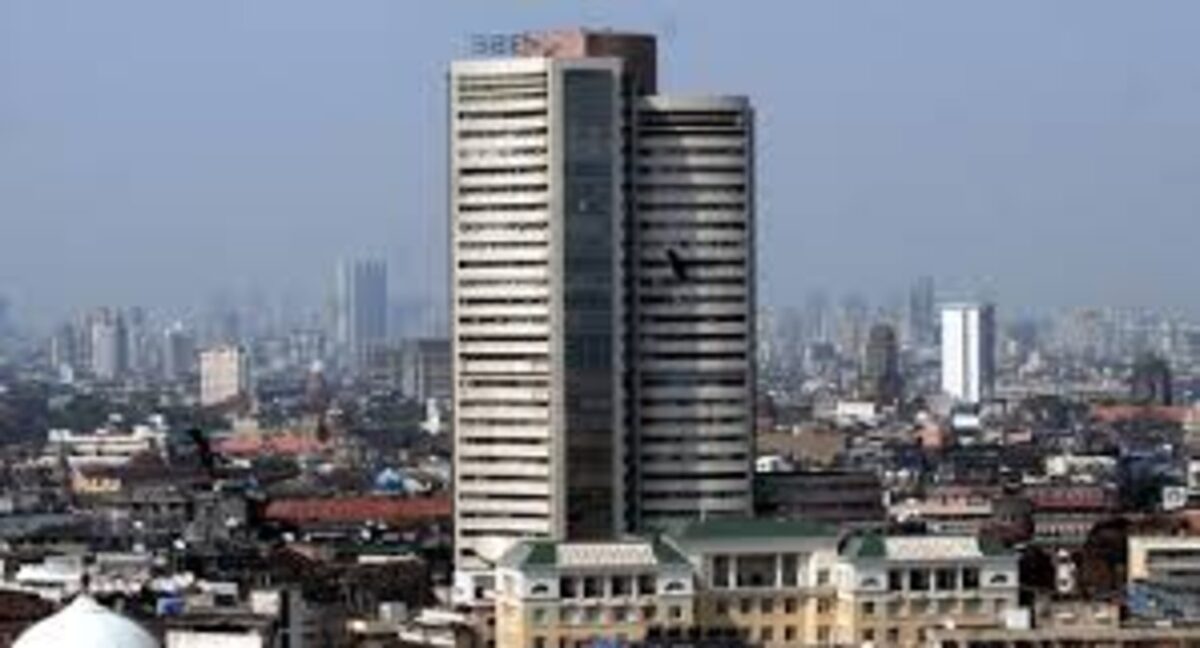The stock market experienced a significant decline today, with the BSE Sensex and Nifty50, the primary equity indices in India, suffering considerable losses during trading on Tuesday. The BSE Sensex plummeted by over 1,300 points, while the Nifty50 briefly fell below the 23,000 mark.
By the end of the trading session, the BSE Sensex closed at 75,838.36, reflecting a decrease of 1,235 points or 1.60%. Meanwhile, the Nifty50 finished at 23,045.30, down 299 points or 1.28%.
Key constituents of the indices, such as Reliance Industries, ICICI Bank, and Zomato, experienced significant declines. The market downturn was exacerbated by U.S. President Donald Trump’s announcement of trade tariffs on neighboring countries shortly after taking office, which negatively impacted investor sentiment.
Stock Market Decline: Factors Behind Today’s BSE Sensex and Nifty50 Drop
1) Market Volatility Linked to Trump’s Trade Policy
Investor sentiment remained cautious in light of U.S. President Donald Trump’s fluctuating trade policy stance, raising concerns about potential changes in regulations. His recent remarks regarding the imposition of tariffs on neighboring countries have further unsettled global market dynamics. The Trump administration is contemplating a 25% tariff on Mexico and Canada starting February 1, diminishing hopes for a delay despite earlier optimistic reactions to his inaugural address. This uncertainty has sparked fears of inflation, the risk of overheating in the U.S. economy, and a stronger dollar, which could have repercussions for bond markets.
2) Notable Declines in Zomato and Other Key Stocks
Zomato’s stock plummeted by over 11% following the announcement of a 57% year-on-year drop in its net profit for the December quarter, contributing 150 points to the decline of the Sensex. Other major contributors to the Sensex’s downturn included Reliance, ICICI Bank, SBI, and M&M, which together accounted for a total of 490 points in the decrease.
3) Earnings Outlook
According to Bloomberg consensus estimates, Nifty50 companies are expected to report only a 3% year-over-year growth in earnings per share (EPS) for the third quarter. Sectors such as capital goods, healthcare, and telecommunications are projected to exhibit strong profit growth. However, InCred Equities suggests that sectors including metals, chemicals, consumer staples, banks, and oil & gas are likely to underperform. Initial corporate earnings reports have been disappointing, with companies showing stagnant profit after tax despite a 4% increase in revenue compared to the previous year.

4) Realty, consumer stocks
The Nifty Consumer Durables index experienced a decline of 4%, largely influenced by the performances of Dixon Technologies and Amber Enterprises. Shares of Dixon Technologies plummeted by nearly 14% after the release of its Q3 results. Jefferies has retained its ‘Underperform’ rating, setting a target price of Rs 12,600, while recognizing the earnings performance but expressing concerns regarding valuation, given the high FY26 P/E ratio of 106x. Meanwhile, the Nifty Realty Index fell by 4.12%, with Oberoi Realty, Lodha, and Prestige Estates Projects contributing significantly to this downward movement.
5) Foreign Investment Outflow
The market remains under pressure due to ongoing selling by foreign institutional investors (FIIs). As of January 20, 2025, FIIs have pulled out Rs 48,023 crore from equities, and there are no signs suggesting a decrease in their selling behavior.
You may also like-
Other business related new articles




